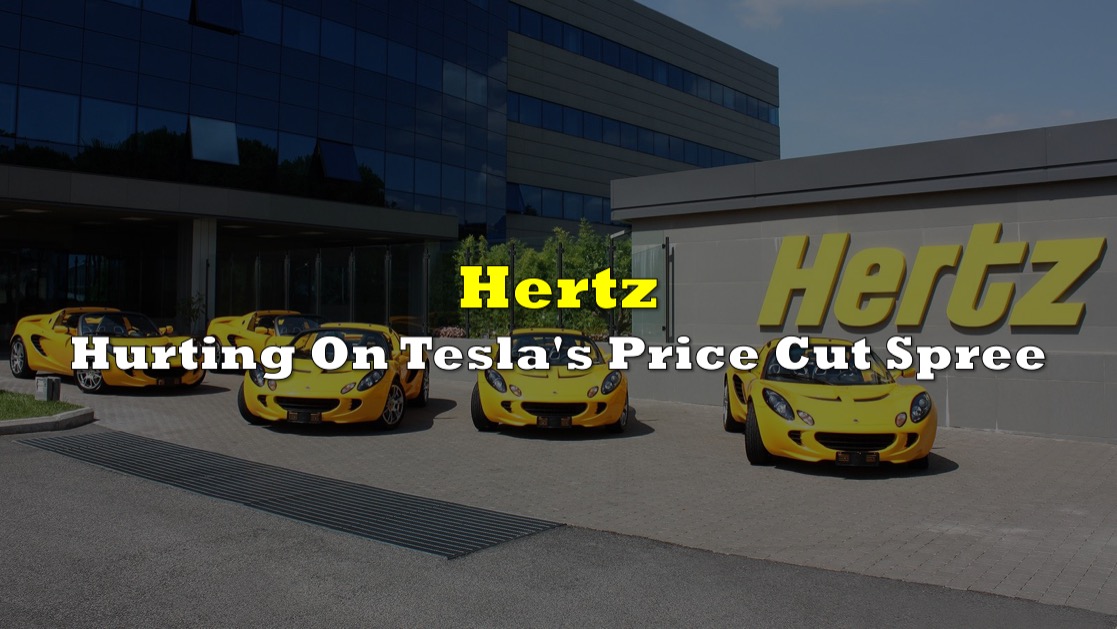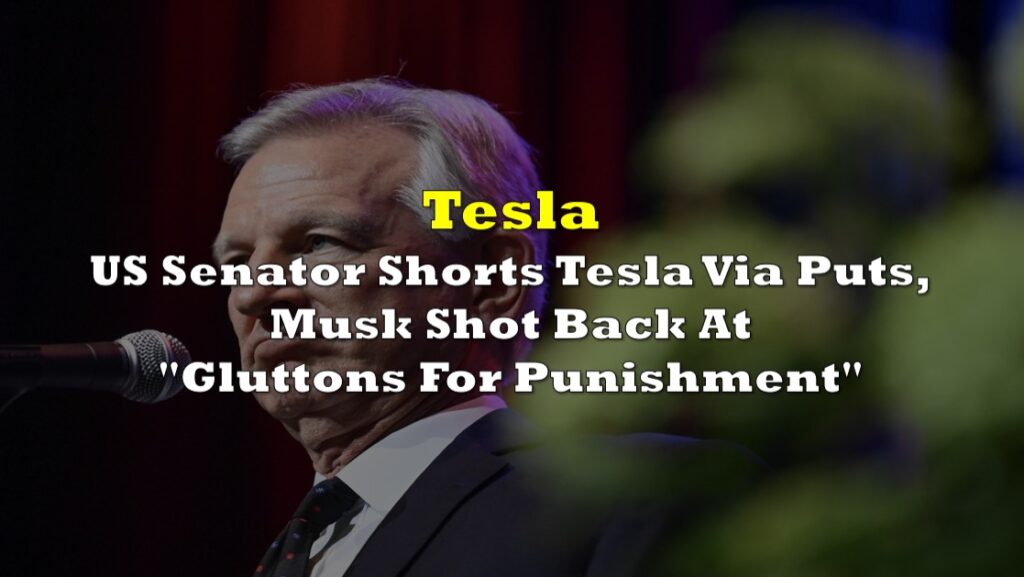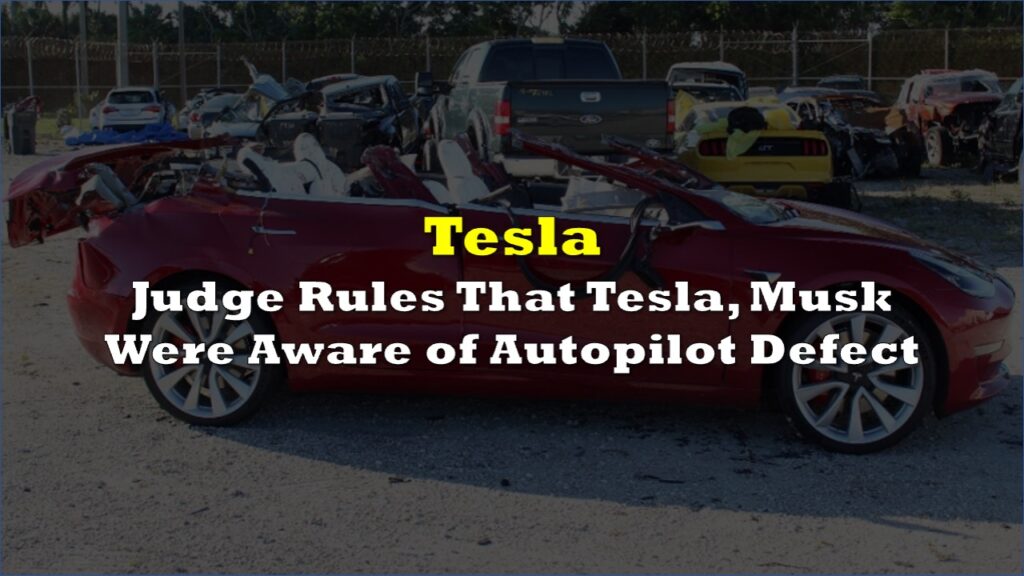Hertz Global Holdings Inc. (NASDAQ: HTZ) reported earnings yesterday that fell short of expectations, primarily due to several challenges it encountered, including price cuts by Tesla and the elevated repair costs associated with electric vehicles (EVs).
Tesla’s aggressive price reductions aimed at boosting sales have had a significant impact on the resale value of EVs within Hertz’s fleet, causing a decrease of approximately one-third. Furthermore, the repair expenses for EVs have been unexpectedly high, nearly double the costs of repairing gasoline cars, according to CEO Stephen Scherr.
What I love most is the revelation about how expensive it is to repair EVs. Tesla's garbage reliability is putting the "hurt" in Hertz (which richly deserves the pain). https://t.co/Qvlf5bi8iA
— Montana Skeptic @MontanaSkeptic@masto.ai (@montana_skeptic) October 26, 2023
In the third quarter, the rental car company disclosed an adjusted profit of 70 cents per share, falling below the 77-cent average estimate projected by analysts surveyed by Bloomberg. Scherr noted that excluding the EV-related expenses, Hertz would likely have met Wall Street’s expectations.
As a result of these challenges, Hertz’s stock plummeted by as much as 15% in New York, compounding the losses it had already experienced, with the stock having depreciated by a third of its value since the start of the year.
To address these issues, Hertz intends to slow down its EV procurement efforts while focusing on cost management. Currently, Hertz boasts a fleet of 50,000 EVs, with Tesla models accounting for 35,000 of them, constituting roughly 11% of the total fleet. Despite these setbacks, Scherr emphasized that Hertz is still committed to acquiring 100,000 vehicles from Tesla and an additional 175,000 EVs from General Motors Co. However, achieving the goal of having EVs make up 25% of the fleet by the end of 2024 seems unlikely. The immediate priority is to collaborate with parts suppliers to reduce repair costs, and as EV prices stabilize, Hertz plans to expand its EV fleet.
Lots of hot takes on $TSLA and $HTZ today on my timeline. Having a front row seat in all of this, here is my take:
— Yilun Zhang (@yilunzh) October 27, 2023
Operating an EV fleet at scale is incredibly challenging, probably more so than we initially anticipated.
The fundamental problem we face is charging, both at the… https://t.co/V7UCRXHDbe
Scherr explained, “We have an opportunity to purchase these cars now at roughly a third less than where we bought the initial component of our Teslas. We’re ultimately better buyers on a falling price where the margin composition on those cars will be better. They will be even better to the extent that we solve the issues around damage and cost.”
In the current year, Hertz plans to procure 10,000 EVs from GM, with commitments to purchase an additional 165,000.
The increased depreciation costs, which surged by 52% in the quarter to $282 per car per month, were not solely due to falling EV prices. A year ago, Hertz was able to sell its used vehicles at higher prices, as the resale market was flourishing. In comparison, the company is projected to make $800 million less from vehicle sales this year compared to the previous year, as Scherr pointed out.
Scherr noted, “In 2022, the residual prices of used cars were through the roof, but the ability to sell cars and make a profit has come down.”
Despite these challenges, the demand for travel continues to grow following a robust 2022. Hertz’s utilization rate for the quarter was 83%, up from 80% the previous year. However, the revenue per day declined by 7% to $62.46.
On the other hand, Tesla’s own Q3 2023 financials fell short of expectations as the price cut strategy did not yield the expected volume growth the automaker was projecting. The quarter also recorded a 7.6% operating margin for Elon Musk’s automaker, continuing the declining trend while also being the company’s lowest since 2020. This was attributed to a series of price reductions in key markets and increased investments in Cybertruck development, artificial intelligence, and factory upgrades.
Information for this briefing was found via Bloomberg and the sources mentioned. The author has no securities or affiliations related to the organizations discussed. Not a recommendation to buy or sell. Always do additional research and consult a professional before purchasing a security. The author holds no licenses.









